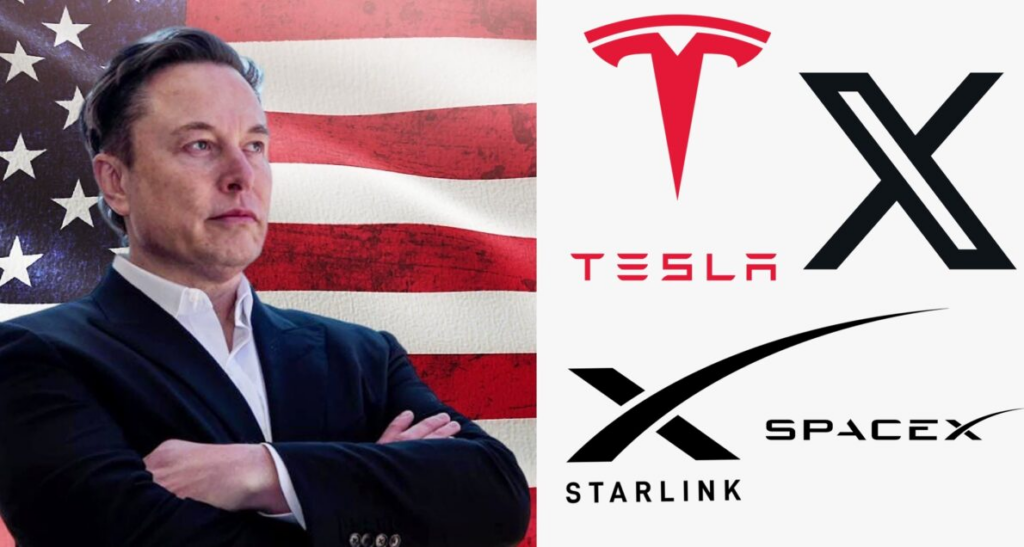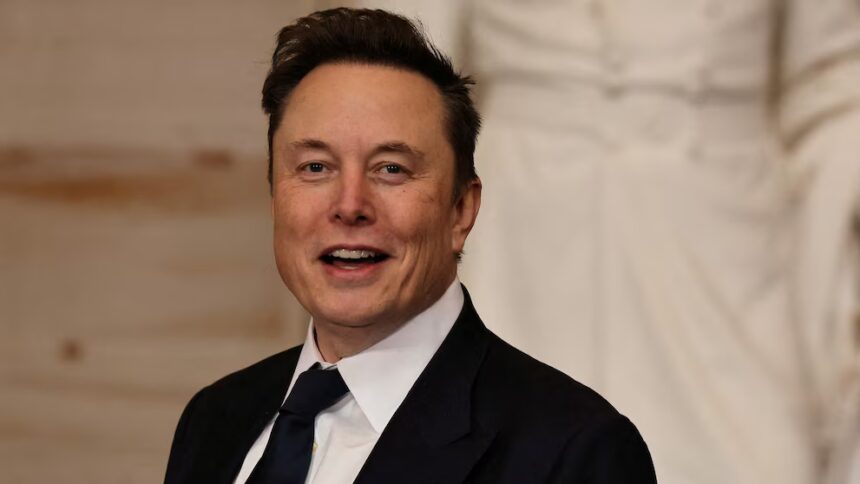Elon Musk’s vast network of ventures — Tesla, SpaceX, Starlink, and X — has become deeply entangled with government policy and contracts. With growing ties between Musk’s companies and government agencies, these connections raise concerns about conflicts of interest, financial influence, and the long-term effects on the public sector and private industry.
What’s Happening & Why This Matters
Musk, the world’s wealthiest individual, has leveraged his strong relationships with political figures, especially Donald Trump, to secure lucrative contracts for his companies. One key development is the privatization of space operations. Former National Oceanic and Atmospheric Administration (NOAA) employees suggest that SpaceX and Starlink could soon take control of valuable space and satellite operations previously managed by the government. Critics have voiced concerns about the potential for conflicts of interest, especially given Musk’s significant political donations to Trump and his push for government efficiency, which has led to thousands of federal employees firing.

The NOAA, responsible for crucial services like weather forecasting, communications infrastructure, and national security, has become a focal point. Musk’s Department of Government Efficiency (Doge) has already pushed for government contracts to flow toward Starlink, which currently provides broadband internet services via its growing constellation of satellites. SpaceX and Starlink are positioning themselves as key players in the commercial US space market, which is projected to be worth nearly $2 trillion in the next decade.
However, concerns are mounting over the privatization of government services. If agencies like NOAA move operations to Musk’s companies, they could have substantial control over the nation’s communications and infrastructure, including crucial areas like weather forecasting, air traffic control, and satellite monitoring. Former NOAA employees have expressed concern that privatizing these services would compromise the public’s access to reliable, independent data. Moreover, Musk’s companies have faced challenges with satellite crashes and explosions, further heightening the risk of relying on them for critical government functions.
Meanwhile, X benefits if the UK removes its digital services tax (DST) as part of a trade deal with the US. The DST, which taxes large tech firms, could be scrapped in negotiations between the UK and the US. X, which qualifies for the DST, would stand to save millions if the tax is abolished. Currently, X generates £205 million in revenue from UK operations, placing it in line to pay around £3.6 million in taxes for the year. If the DST is removed, it could benefit Musk’s companies, further entangling them in global trade and tax debates.

This connection between Musk’s ventures and government deals also raises questions about the increasing influence of tech giants in the public sector. With agencies like the Federal Aviation Administration (FAA) and Customs and Border Protection moving toward contracts with Starlink, the lines between private industry and government functions continue to blur.
TF Summary: What’s Next
Musk’s ability to leverage political connections to steer government contracts toward his ventures is becoming more apparent. While SpaceX and Starlink are positioned to play major roles in space operations, concerns about privatization and conflicts of interest persist. As for X, removing the UK’s digital services tax could provide another windfall for Musk’s companies. With ongoing developments and trade negotiations, it’s clear that Musk’s influence on the public sector and private industries will continue to grow.
— Text-to-Speech (TTS) provided by gspeech


